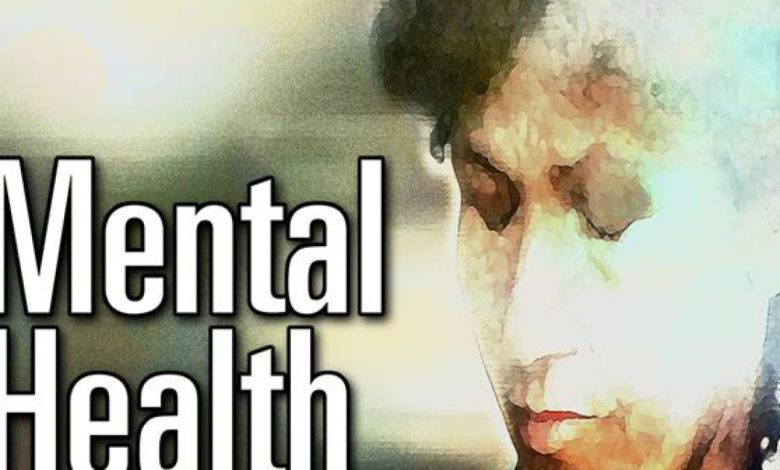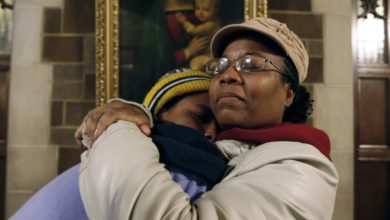
Nearly 1 in 5 adults in the U.S. live with mental illness, and there are a number of ways to seek treatment -- from psychiatrists, who have the ability to prescribe medication, to psychologists, therapists, and counselors.
"There's a varying spectrum of ways that you can approach dealing with things like anxiety, depression, substance use disorders," explained Dr. Eric French, Medical Director of Adult Psychiatry at the Medical Center of Aurora. "Sometimes that involves medications if it's warranted. Some people are able to get by with just some therapy. There's cognitive behavioral therapy. There’s dialectical behavioral therapy, there’s motivational therapy, interpersonal, there are so many different types. And the reason that's encouraging for our patients out there is is that we will tailor-fit what you need to you."
Dr. Flavia DeSouza a Board-Certified Psychiatrist and Assistant Professor at Howard University explained that psychotherapy can do any number of things, including helping us regulate our emotions.
"Particular skills that are taught, it may help us to slow down our thoughts to understand what is actually going on in our minds, and how it is affecting our behavior and our feelings," Dr. DeSouza said. "It may help us to name our feelings. Many of us just go through life, without actually knowing what's going on inside of us. It may help us to learn how to change our behavior, or thinking or feeling — so that we can function in a healthier way."
Regardless of the method you start with, remember that it may take time to find the right fit or the right mental health professional.
"You don't have to stick with this, the first therapist that you find, sometimes there's not that match," said Nii Addy, a Neuroscientist, and Host of the Yale University Podcast, Addy Hour. "So there's no there's no shame in saying, Okay, this person is not quite working for me, I'm gonna move on to the next."
A good place to start that search is findtreatment.gov or to learn more about the various types of treatment, check out the National Alliance on Mental Illness at nami.org.
Amber Strong at Newsy first reported this.








